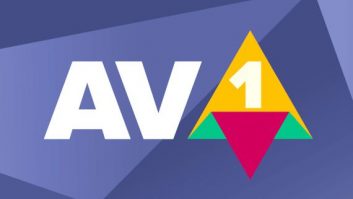The adoption of 8K in the media industry could be under threat from stricter energy requirements within the European Union.
From March, the EU is setting new energy consumption regulations which could mean leading 8K TV manufacturers would face serious restrictions on any new TV sets.
The 8K Association warned the new law could have a “very chilling effect on all players working to develop the 8K ecosystem”.
The European Union’s energy efficiency index (EEI) is calculated based on the screen area and power consumption of a TV set.
In March 2019, the EEI for 8K (more than UHD) resolution and microLED-based displays was defined, setting a March 1, 2023 date for compliance. These devices will be required to consume the same power as UHD (4K) resolution devices.
“We have confirmed that no current 8K TVs can meet this level of power efficiency and will therefore be banned from selling into the EU market,” said the association.
The 8K Association is calling for the EU to review its specifications in order to allow for data based on products currently in the market as well as how technology is likely to address the reduction of power going forward.
“No 8K TVs can pass this EEI level and so will be banned for sale in the EU,” added the association. “This will impact TV makers and their supply partners as well as integrators in the EU’s professional and consumer markets.
“The inability to sell new technology products in a substantial part of the global market also disrupts the typical development cycle,” it added. “New technology needs to be introduced at higher prices to recoup the investment to achieve these improved results and continue development (including reducing power consumption) and lower overall costs. This cycle means these improvements eventually spread down the product line and become standard features over time. This regulation is not helpful to this cycle.”
More details of the 8K Association’s thoughts on the regulations are available here.







